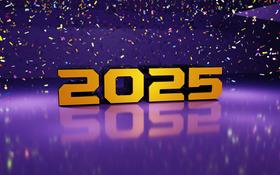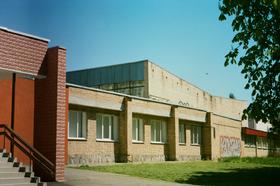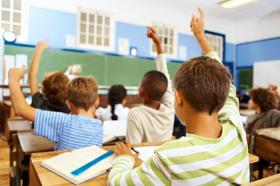Top Rankings
Timberlane Regional School District ranks among the top 20% of public school district in New Hampshire for:
Category
Attribute
Graduation Rate
Highest graduation rate (Top 10%)
Community Size
Largest student body (number of students) (Top 1%)
For the 2025-26 school year, there are 4 public preschools serving 1,270 students in Timberlane Regional School District. This district's average pre testing ranking is 8/10, which is in the top 30% of public pre schools in New Hampshire.
╬█╬█┬■╗ş Preschools in Timberlane Regional School District have an average math proficiency score of 53% (versus the New Hampshire public pre school average of 45%), and reading proficiency score of 57% (versus the 47% statewide average).
Minority enrollment is 15% of the student body (majority Hispanic), which is less than the New Hampshire public preschool average of 16% (majority Hispanic).
Overview
This School District
This State (NH)
# Schools
7 Schools
149 Schools
# Students
3,296 Students
39,813 Students
# Teachers
292 Teachers
3,470 Teachers
Student-Teacher Ratio
11:1
11:1
Student By Grade
District Rank
Timberlane Regional School District, which is ranked within the top 50% of all 188 school districts in New Hampshire (based off of combined math and reading proficiency testing data) for the 2022-2023 school year.
The school district's graduation rate of 94% has stayed relatively flat over five school years.
Overall District Rank
#81 out of 189 school districts
(Top 50%)
(Top 50%)
Math Test Scores (% Proficient)
43%
42%
Reading/Language Arts Test Scores (% Proficient)
54%
51%
Science Test Scores (% Proficient)
31%
36%
Graduation Rate
94%
88%
Students by Ethnicity:
Diversity Score
0.23
0.29
% American Indian
n/a
n/a
% Asian
1%
3%
% Hispanic
5%
6%
% Black
1%
2%
% White
88%
84%
% Hawaiian
n/a
n/a
% Two or more races
5%
5%
All Ethnic Groups
District Revenue and Spending
The revenue/student of $21,941 in this school district is less than the state median of $22,101. The school district revenue/student has stayed relatively flat over four school years.
The school district's spending/student of $21,414 is higher than the state median of $21,319. The school district spending/student has stayed relatively flat over four school years.
Total Revenue
$72 MM
$3,646 MM
Spending
$71 MM
$3,517 MM
Revenue / Student
$21,941
$22,101
Spending / Student
$21,414
$21,319
Best Timberlane Regional School District ╬█╬█┬■╗ş Preschools (2025-26)
School
(Math and Reading Proficiency)
(Math and Reading Proficiency)
Location
Quick Facts
Rank: #11.
Atkinson Academy
(Math: 60-64% | Reading: 65-69%)
Rank:
Rank:
9/
Top 20%10
17 Academy Ave.
Atkinson, NH 03811
(603) 362-5521
Atkinson, NH 03811
(603) 362-5521
Gr: PK-5 | 385 students Student-teacher ratio: 14:1 Minority enrollment: 15%
Rank: #22.
Sandown Central School
(Math: 50-54% | Reading: 75-79% )
Rank:
Rank:
9/
Top 20%10
295 Main St.
Sandown, NH 03873
(603) 887-3648
Sandown, NH 03873
(603) 887-3648
Gr: PK-K | 137 students Student-teacher ratio: 15:1 Minority enrollment: 12%
Rank: #33.
Danville Elementary School
(Math: 55-59% | Reading: 55-59%)
Rank:
Rank:
8/
Top 30%10
23 School St.
Danville, NH 03819
(603) 382-5554
Danville, NH 03819
(603) 382-5554
Gr: PK-5 | 275 students Student-teacher ratio: 11:1 Minority enrollment: 11%
Rank: #44.
Pollard Elementary School
(Math: 44% | Reading: 51%)
Rank:
Rank:
6/
Top 50%10
120 Main St.
Plaistow, NH 03865
(603) 382-7146
Plaistow, NH 03865
(603) 382-7146
Gr: PK-5 | 473 students Student-teacher ratio: 12:1 Minority enrollment: 18%
Recent Articles

Texas Schools Enrollment Trends & Policy in 2025
Latest data and policy changes on Texas public school enrollment growth, funding, and virtual education in 2025.

Financial Aid & Hidden Costs in ╬█╬█┬■╗ş Schools
Learn about financial aid and hidden costs in public schools. Discover what parents should budget for beyond tuition-free education.

NYC Schools Still Most Segregated in 2025
Despite reforms, New York City schools remain the most segregated in the U.S. in 2025. HereÔÇÖs what parents and educators need to know.





